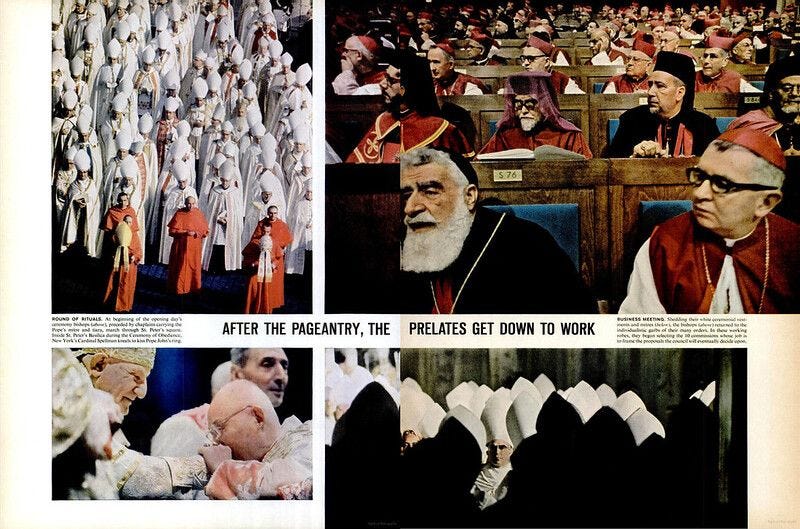A diocesan merger, Sunday School, and 60 years since Vatican II

Hey everybody,
Sixty years ago today, on Oct. 11, 1962, the Second Ecumenical Council of the Vatican began in Rome, with an address from Pope St. John XXIII — and I’ll tell you more about it at the end of this newsletter.
For now, let’s get to the news. But first, please let me tell you - this will be a brief Tuesday Pillar Post, as I’m traveling this mor…
